Home>Garden Essentials>What Are Chia Seeds And Flax Seeds Good For
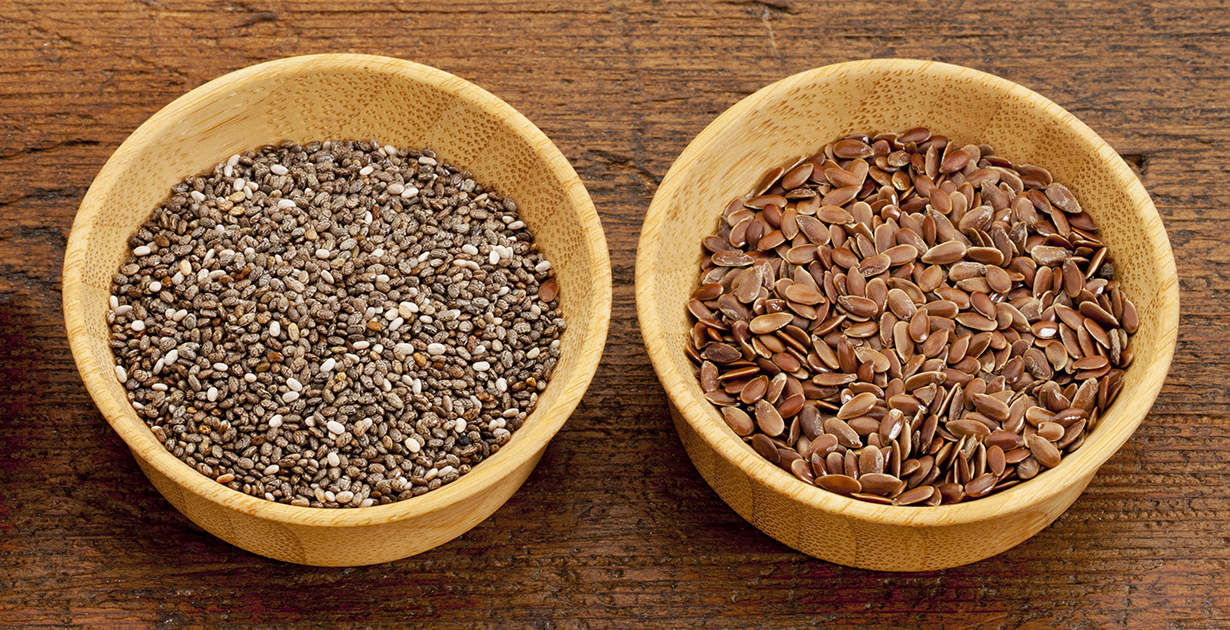

Garden Essentials
What Are Chia Seeds And Flax Seeds Good For
Modified: October 18, 2024
Discover the benefits of garden seeds like chia seeds and flax seeds. Learn how incorporating these nutritious seeds into your diet can improve overall health.
(Many of the links in this article redirect to a specific reviewed product. Your purchase of these products through affiliate links helps to generate commission for Storables.com, at no extra cost. Learn more)
Introduction
Welcome to the world of superfoods! In recent years, chia seeds and flax seeds have gained popularity as nutritional powerhouses that offer a wide array of health benefits. These tiny seeds have been used for centuries by indigenous cultures for their medicinal properties and are now being recognized globally for their incredible nutritional value.
Chia seeds and flax seeds are both packed with essential nutrients, including fiber, protein, healthy fats, vitamins, and minerals. They are also renowned for their rich antioxidant content, which helps protect against chronic diseases and promotes overall well-being.
In this article, we will explore the benefits of chia seeds and flax seeds, and learn how to incorporate them into our daily diet. So, let’s dive into the world of chia and flax, and discover why these seeds have become such a sensation in the health and wellness community.
Key Takeaways:
- Chia seeds and flax seeds are tiny but mighty superfoods, packed with omega-3 fatty acids, fiber, and protein. They offer versatile health benefits, from heart health to digestion, and can easily be incorporated into various meals and snacks.
- Whether it’s the gel-like texture of chia seeds or the nutty flavor of flax seeds, both offer unique nutritional advantages. Incorporating these seeds into your diet can enhance overall well-being and provide a delicious boost of essential nutrients.
Read more: How Long Is Flax Seed Good For
What are Chia Seeds?
Chia seeds are tiny black or white seeds that come from the plant Salvia hispanica, which is native to Central and South America. These seeds were highly valued by ancient civilizations such as the Aztecs and Mayans due to their impressive nutritional profile and medicinal properties.
Chia seeds are unique because they have a remarkable ability to absorb liquid and form a gel-like substance. This gel forms a protective barrier around the seeds, preventing them from clumping together and maintaining their nutritional integrity.
One of the key characteristics of chia seeds is their high content of omega-3 fatty acids, which are essential for optimal brain function, heart health, and reducing inflammation in the body. Chia seeds are also an excellent source of fiber, which aids in digestion and helps regulate blood sugar levels.
Not only are chia seeds rich in healthy fats and fiber, but they also contain a good amount of protein, making them a great option for plant-based protein sources. Additionally, chia seeds are packed with essential vitamins and minerals, including calcium, magnesium, phosphorus, and manganese.
Chia seeds are incredibly versatile and can be easily incorporated into various dishes. They have a mild, nutty flavor and a unique gel-like texture when mixed with liquid. Chia seeds can be used as a topping for yogurt, smoothies, or oatmeal, or added to baked goods, such as muffins or bread.
Overall, chia seeds are a nutrient-dense superfood that offers numerous health benefits. Incorporating them into your diet can provide a boost of energy, support weight loss efforts, improve heart health, and promote overall well-being.
Health Benefits of Chia Seeds
Chia seeds have gained recognition for their numerous health benefits. Let’s explore some of the key advantages of incorporating chia seeds into your diet:
- Rich in Antioxidants: Chia seeds are packed with antioxidants that help protect the body against oxidative stress and prevent cellular damage caused by harmful free radicals.
- Omega-3 Fatty Acids: Chia seeds are one of the richest plant-based sources of omega-3 fatty acids, which are essential for brain health, reducing inflammation, and supporting cardiovascular health.
- High in Fiber: Chia seeds are an excellent source of dietary fiber, promoting healthy digestion, regulating bowel movements, and helping to maintain a feeling of fullness, which can aid in weight management.
- Hydration and Electrolyte Balance: When mixed with liquid, chia seeds form a gel-like substance that helps retain fluids in the body, keeping you hydrated and maintaining proper electrolyte balance.
- Bone Health: Chia seeds are rich in essential minerals such as calcium, phosphorus, and magnesium, which are crucial for maintaining healthy bones and preventing conditions like osteoporosis.
- Blood Sugar Regulation: The high fiber content in chia seeds helps slow down the digestion process, preventing blood sugar spikes and aiding in the management of diabetes.
- Weight Management: Due to their high fiber and protein content, chia seeds help promote satiety, reduce cravings, and support weight loss efforts by controlling appetite.
- Heart Health: The omega-3 fatty acids found in chia seeds can help lower cholesterol levels, reduce blood pressure, and decrease the risk of heart disease.
- Digestive Health: The soluble fiber in chia seeds acts as a prebiotic, promoting the growth of beneficial gut bacteria and supporting overall digestive health.
- Energy Boost: Chia seeds provide a sustainable source of energy, thanks to their balanced combination of healthy fats, protein, and carbohydrates.
These are just some of the incredible health benefits that chia seeds offer. By incorporating these tiny but mighty seeds into your diet, you can enhance your overall well-being and enjoy a wide range of nutritional advantages.
Nutritional Composition of Chia Seeds
Chia seeds are often hailed as a nutritional powerhouse due to their impressive nutrient profile. Let’s take a closer look at the key nutrients found in chia seeds:
- Omega-3 Fatty Acids: Chia seeds are an exceptional source of alpha-linolenic acid (ALA), a type of omega-3 fatty acid that plays a crucial role in brain health, reducing inflammation, and supporting heart health.
- Fiber: Chia seeds are loaded with dietary fiber, which aids in digestion, promotes a feeling of fullness, and helps regulate blood sugar levels. Just one ounce of chia seeds provides an impressive 10 grams of fiber.
- Protein: Chia seeds are a plant-based protein source, making them an excellent option for vegans and vegetarians. They contain all nine essential amino acids, making them a complete protein source.
- Antioxidants: Chia seeds are packed with antioxidants such as flavonoids and phenolic compounds, which help protect the body against oxidative stress and reduce the risk of chronic diseases.
- Calcium: Chia seeds are rich in calcium, providing more per gram than most dairy products. Calcium is essential for maintaining strong bones and teeth, and it also plays a role in muscle function and nerve signaling.
- Phosphorus: Chia seeds are an abundant source of phosphorus, a mineral that is vital for bone health, energy metabolism, and DNA synthesis.
- Magnesium: Chia seeds are an excellent source of magnesium, a mineral involved in over 300 enzymatic reactions in the body. Magnesium is crucial for maintaining healthy blood pressure, promoting muscle relaxation, and supporting overall cardiovascular health.
- Manganese: Chia seeds are a good source of manganese, an essential mineral that plays a role in bone health, wound healing, and metabolism.
- Vitamins: Chia seeds contain various vitamins, including vitamin B1 (thiamine), vitamin B3 (niacin), and vitamin E, which are important for energy production, brain function, and protecting against oxidative damage.
- Other Nutrients: Chia seeds also provide small amounts of zinc, potassium, iron, and copper, which are essential minerals for various bodily functions.
The nutrient composition of chia seeds makes them a fantastic addition to a balanced diet, providing a wide range of essential nutrients and contributing to overall health and well-being.
How to Incorporate Chia Seeds into Your Diet
Adding chia seeds to your daily diet is a simple and versatile way to boost your intake of essential nutrients. Here are some easy and creative ways to incorporate chia seeds into your meals and snacks:
- Chia Pudding: Mix 2 tablespoons of chia seeds with 1 cup of your favorite milk (dairy or plant-based) and let it sit in the refrigerator overnight. In the morning, you’ll have a delicious and nutritious chia pudding. Add fruits, nuts, or a dash of honey for added flavor.
- Smoothies: Sprinkle a tablespoon of chia seeds into your favorite smoothie recipe. The chia seeds will add a nutritional boost and a pleasant texture to your smoothie.
- Oatmeal or Cereal Topping: Sprinkle chia seeds on top of your oatmeal, cereal, or yogurt for added crunch and nutrition.
- Baking: Add chia seeds to your favorite homemade baked goods, such as muffins, bread, or energy bars, to enhance the fiber and nutritional content.
- Salad Dressings: Mix ground chia seeds into salad dressings as a thickening agent or use them as a substitute for eggs in vegan dressings, such as homemade mayonnaise.
- Chia Energy Balls: Combine chia seeds with dates, nuts, and your favorite spices to create homemade energy balls. These make for a convenient and nutrient-packed snack.
- Chia Water: Add a tablespoon of chia seeds to a glass of water and let it sit for a few minutes. The chia seeds will absorb the liquid and create a refreshing and hydrating beverage.
- Chia Jam: Make a healthier version of jam by mixing mashed fruits with chia seeds. The chia seeds will thicken the mixture, creating a delicious spread without the added sugars and preservatives found in traditional jams.
- Chia in Soups or Stews: Add chia seeds to soups or stews as a thickening agent or sprinkle them on top as a garnish.
- Chia Seed Crackers: Make your own crunchy chia seed crackers by combining chia seeds with water, spices, and your choice of flour. Bake until crispy for a nutritious snack option.
Remember to stay hydrated when consuming chia seeds, as they absorb liquid easily. Drink plenty of water when consuming chia-based dishes to prevent any discomfort.
By incorporating chia seeds into your daily meals and snacks, you can enjoy their nutritional benefits and enhance the overall nutrient density of your diet in a delicious and convenient way.
Read more: Are Chia Seeds Good When Pregnant
What are Flax Seeds?
Flax seeds, also known as linseeds, are small, nutty-flavored seeds that come from the flax plant (Linum usitatissimum). They have been cultivated for thousands of years and are known for their rich nutritional profile and medicinal properties.
Flax seeds are available in two varieties: brown and golden. While they have similar nutrient profiles, the golden flax seeds tend to have a milder flavor, making them a popular choice for those who prefer a more subtle taste.
Just like chia seeds, flax seeds are renowned for their high omega-3 fatty acid content, specifically alpha-linolenic acid (ALA). Omega-3 fatty acids are essential for brain health, reducing inflammation, and supporting cardiovascular function.
In addition to omega-3 fatty acids, flax seeds are an excellent source of dietary fiber, providing both soluble and insoluble fibers. The soluble fiber in flax seeds helps regulate blood sugar levels and supports healthy digestion, while the insoluble fiber promotes regular bowel movements and prevents constipation.
Flax seeds are also rich in lignans, which are phytochemicals that act as antioxidants, helping to protect the body against cell damage caused by free radicals. Lignans have been associated with various health benefits, including reducing the risk of certain types of cancer, supporting hormonal balance, and promoting cardiovascular health.
Furthermore, flax seeds are a good source of protein, with 2 tablespoons of flax seeds containing approximately 5 grams of protein. This makes them a valuable addition to vegetarian and vegan diets.
Flax seeds can be consumed either in whole seed form or ground into a powder. While whole flax seeds provide additional fiber, ground flax seeds are easier to digest and allow better absorption of nutrients.
Due to their mild, nutty flavor, flax seeds can be incorporated into numerous dishes. They can be sprinkled over cereals, added to smoothies, used as an egg substitute in baking recipes, or mixed into yogurt or oatmeal.
With their exceptional nutritional profile and versatility, flax seeds are a fantastic option to enhance the nutritional value of your meals and reap their many health benefits.
Both chia seeds and flax seeds are high in omega-3 fatty acids, fiber, and antioxidants, making them great additions to your diet for heart health and digestion. Try adding them to smoothies, yogurt, or oatmeal for a nutritious boost.
Health Benefits of Flax Seeds
Flax seeds offer a multitude of health benefits, making them a valuable addition to a nutritious diet. Here are some key advantages of incorporating flax seeds into your daily routine:
- Heart Health: Flax seeds are rich in alpha-linolenic acid (ALA), a type of omega-3 fatty acid that has been shown to lower the risk of heart disease and reduce inflammation in the body.
- Lower Cholesterol Levels: The soluble fiber in flax seeds can help lower total cholesterol and LDL (bad) cholesterol levels, contributing to a healthier cardiovascular system.
- Regulated Blood Sugar: The combination of fiber and healthy fats in flax seeds helps regulate blood sugar levels, making them beneficial for individuals with diabetes or those at risk of developing the condition.
- Reduced Inflammation: Flax seeds are packed with lignans, which have anti-inflammatory properties. Incorporating flax seeds into your diet may help reduce inflammation in the body and lower the risk of chronic diseases.
- Hormonal Balance: The lignans in flax seeds have estrogenic properties, which may help improve hormonal balance in menopausal women and reduce the frequency and severity of hot flashes.
- Improved Digestion: The high fiber content in flax seeds promotes healthy digestion, prevents constipation, and supports the growth of beneficial gut bacteria, contributing to optimal digestive health.
- Weight Management: The combination of fiber and healthy fats in flax seeds helps promote feelings of fullness, reducing appetite and aiding in weight management efforts.
- Healthy Skin and Hair: The omega-3 fatty acids found in flax seeds support healthy skin and hair, reducing dryness and promoting a youthful appearance.
- Bone Health: Flax seeds are a good source of calcium, magnesium, and phosphorus, all of which are essential for maintaining strong bones and reducing the risk of osteoporosis.
- Detoxification: The lignans in flax seeds have been shown to have detoxifying effects, helping to eliminate toxins from the body and support liver health.
It’s important to note that flax seeds are best consumed in ground form, as whole seeds may pass through the body undigested, limiting the absorption of their nutrients. Ground flax seeds can be easily added to smoothies, yogurts, cereals, baked goods, or even used as an egg substitute in recipes.
With their incredible nutritional profile and numerous health benefits, flax seeds are an excellent addition to a well-balanced and healthy diet.
Nutritional Composition of Flax Seeds
Flax seeds are a nutritional powerhouse, packed with essential nutrients that contribute to overall health and well-being. Let’s take a closer look at the key nutritional components of flax seeds:
- Omega-3 Fatty Acids: Flax seeds are one of the richest plant-based sources of omega-3 fatty acids, particularly alpha-linolenic acid (ALA). Omega-3 fatty acids are crucial for brain health, reducing inflammation, and supporting heart health.
- Fiber: Flax seeds are a fantastic source of dietary fiber, containing both soluble and insoluble fibers. The soluble fiber helps regulate blood sugar levels and cholesterol, while the insoluble fiber promotes healthy digestion and regular bowel movements.
- Protein: Flax seeds contain a significant amount of protein, making them an excellent addition to vegetarian and vegan diets. They provide all nine essential amino acids, making them a complete protein source.
- Lignans: Flax seeds are the richest source of lignans, a type of phytoestrogen that acts as an antioxidant and has potential health benefits, including reducing the risk of cancer, supporting hormonal balance, and promoting cardiovascular health.
- Minerals: Flax seeds are rich in essential minerals such as magnesium, phosphorus, and manganese. These minerals are involved in various bodily processes, including bone health, energy production, and enzyme function.
- Vitamins: Flax seeds contain a variety of vitamins, including vitamin E, thiamine (vitamin B1), and niacin (vitamin B3). These vitamins play important roles in energy production, brain function, and protecting against oxidative damage.
- Antioxidants: Flax seeds are loaded with antioxidants, which help protect the body against oxidative stress and reduce the risk of chronic diseases. The antioxidants in flax seeds include lignans, flavonoids, and phenolic compounds.
- Healthy Fats: Flax seeds contain healthy fats, including omega-3 fatty acids and monounsaturated fats. These fats are essential for optimal health, supporting brain function, heart health, and reducing inflammation in the body.
- Phytochemicals: Besides lignans, flax seeds contain other phytochemicals, such as phytosterols and phenolic acids, which have been associated with various health benefits, including reducing cholesterol levels and protecting against certain cancers.
- Carbohydrates: Flax seeds provide carbohydrates, including dietary fiber and sugars, which contribute to their overall nutritional composition.
Flax seeds can be consumed in various forms, including ground, whole, or as flaxseed oil. However, ground flax seeds are recommended to ensure optimal digestibility and nutrient absorption.
By incorporating flax seeds into your daily diet, you can benefit from their rich nutritional composition and contribute to the maintenance of a healthy lifestyle.
How to Incorporate Flax Seeds into Your Diet
Incorporating flax seeds into your daily diet is a simple and versatile way to reap the many benefits of these nutrient-packed seeds. Here are some easy and creative ways to incorporate flax seeds into your meals and snacks:
- Smoothies: Add a tablespoon of ground flax seeds to your favorite smoothie recipe for an extra boost of fiber, omega-3 fatty acids, and protein.
- Homemade Granola: Mix ground flax seeds into your homemade granola recipe to add a nutty flavor and increase the nutritional profile of your breakfast or snack.
- Baked Goods: Substitute a portion of the flour in your baking recipes with ground flax seeds. They work well in cookies, muffins, pancakes, and bread, adding a nutty taste and extra fiber.
- Salad Toppings: Sprinkle ground flax seeds on top of your salads for an added crunch and a nutritional boost. They can also be mixed into salad dressings for added thickness and flavor.
- Yogurt or Oatmeal: Stir ground flax seeds into a bowl of yogurt or oatmeal to enhance the fiber content and provide a nutty texture.
- Homemade Energy Bars: Add ground flax seeds to your homemade energy bar recipe for a nutritious and convenient snack option. They provide added fiber, protein, and omega-3 fatty acids.
- Egg Substitute: Mix ground flax seeds with water to create a gel-like substance that can be used as an egg substitute in vegan baking recipes.
- Flaxseed Oil: Incorporate flaxseed oil into your salad dressings or use it as a finishing oil on top of cooked meals to enjoy the benefits of omega-3 fatty acids and healthy fats.
- Smoothie Bowl Toppings: Sprinkle ground flax seeds on top of your smoothie bowls along with other toppings like fresh fruits, nuts, and seeds for added nutrition and texture.
- Homemade Crackers: Mix ground flax seeds into the dough when making homemade crackers. This will provide additional fiber and a nutty flavor to your crispy treats.
Remember that flax seeds are better digested when consumed in ground form, as whole seeds may pass through the body undigested. To enhance their shelf life, you can store flax seeds or ground flax seeds in an airtight container in the refrigerator.
By incorporating flax seeds into your daily meals and snacks, you can enjoy their nutty flavor while reaping the numerous health benefits they offer.
Read more: What Do Flax Seeds Taste Like
Chia Seeds vs Flax Seeds: Which is Better?
Both chia seeds and flax seeds are considered nutritional powerhouses, offering a wide array of health benefits. However, when it comes to determining which seed is “better,” it ultimately depends on individual preferences, dietary needs, and health goals. Let’s compare these two super seeds:
Nutritional Profile: Chia seeds and flax seeds share some similarities in terms of their nutritional composition. Both are excellent sources of omega-3 fatty acids, fiber, and plant-based protein. Chia seeds are slightly higher in fiber content, while flax seeds contain more omega-3 fatty acids. Flax seeds also have higher levels of lignans, which are potent antioxidants. On the other hand, chia seeds contain more calcium and phosphorus.
Digestibility: Chia seeds are more easily digestible compared to flax seeds. The gel-like texture formed when chia seeds come into contact with liquid aids in digestion and nutrient absorption. Flax seeds, especially when consumed whole, can sometimes pass through the digestive system undigested, leading to reduced absorption of their nutrients. It is recommended to consume ground flax seeds for better digestibility.
Texture and Taste: Chia seeds have a mild, nutty flavor and a gelatinous texture when soaked in liquid. Flax seeds have a slightly stronger nutty flavor and a crunchy texture. Both seeds can be easily incorporated into various dishes, but personal preference may influence which one is more enjoyable to consume.
Versatility: Both chia seeds and flax seeds are incredibly versatile and can be added to a variety of recipes. Chia seeds can be used as a topping, mixed into smoothies, or used to create puddings and jams. Flax seeds can be incorporated into baked goods, added to cereals or yogurt, or used as an egg substitute in vegan recipes. The choice between the two may depend on which seed is more compatible with your preferred culinary applications.
Availability and Price: Chia seeds and flax seeds are widely available in most grocery stores and health food markets. In terms of price, there may be some variations based on location and quality. However, in general, both seeds are relatively affordable considering their nutritional benefits.
Ultimately, whether chia seeds or flax seeds are better for you depends on your specific dietary needs, taste preferences, and desired health outcomes. It is worth noting that both seeds provide numerous health benefits and are excellent additions to a well-balanced diet.
If you have specific dietary concerns or health conditions, it is advisable to consult with a healthcare professional or registered dietitian to determine which seed may be more suitable for your individual needs.
Incorporating a variety of nutrient-dense foods into your diet, including chia seeds, flax seeds, and other whole foods, is key to maximizing your overall health and well-being.
Conclusion
Both chia seeds and flax seeds are nutritional powerhouses that offer an array of health benefits. These tiny seeds are packed with essential nutrients, including omega-3 fatty acids, fiber, protein, vitamins, and minerals.
Chia seeds stand out for their high omega-3 fatty acid content and impressive fiber profile. They form a gel-like substance when mixed with liquid, aiding in digestion and hydration. Chia seeds are also an excellent source of calcium, making them beneficial for bone health.
Flax seeds, on the other hand, boast high levels of omega-3 fatty acids and lignans, which have antioxidant and anti-inflammatory properties. They are a great source of fiber, protein, and minerals, including magnesium and phosphorus.
When incorporating chia seeds and flax seeds into your diet, there are numerous creative ways to enjoy their benefits. From adding them to smoothies, yogurt, and baked goods to using them as egg substitutes and salad toppings, these seeds provide versatility in culinary applications.
While both chia seeds and flax seeds have their unique qualities, the choice between the two ultimately depends on individual preference, dietary needs, and health goals. Some may prefer the gel-like texture and slightly higher fiber content of chia seeds, while others may gravitate towards the nutty flavor and lignan-rich profile of flax seeds.
It’s important to note that both seeds should be consumed in moderation and in accordance with overall dietary goals. As with any food, it’s always advisable to listen to your body and make choices that align with your own needs and preferences.
Incorporating a variety of nutrient-dense foods into your diet, including chia seeds, flax seeds, and other whole foods, is key to maintaining a balanced and healthy lifestyle. Experimenting with different recipes and finding enjoyable ways to include these seeds can add an extra boost of nutrition to your meals and snacks.
Remember, it’s not about one seed being definitively better than the other—it’s about understanding their unique qualities and choosing the one that best fits your individual needs and taste preferences. So go ahead, embrace the power of chia and flax seeds and enjoy the health benefits they bring to your overall well-being.
Frequently Asked Questions about What Are Chia Seeds And Flax Seeds Good For
Was this page helpful?
At Storables.com, we guarantee accurate and reliable information. Our content, validated by Expert Board Contributors, is crafted following stringent Editorial Policies. We're committed to providing you with well-researched, expert-backed insights for all your informational needs.
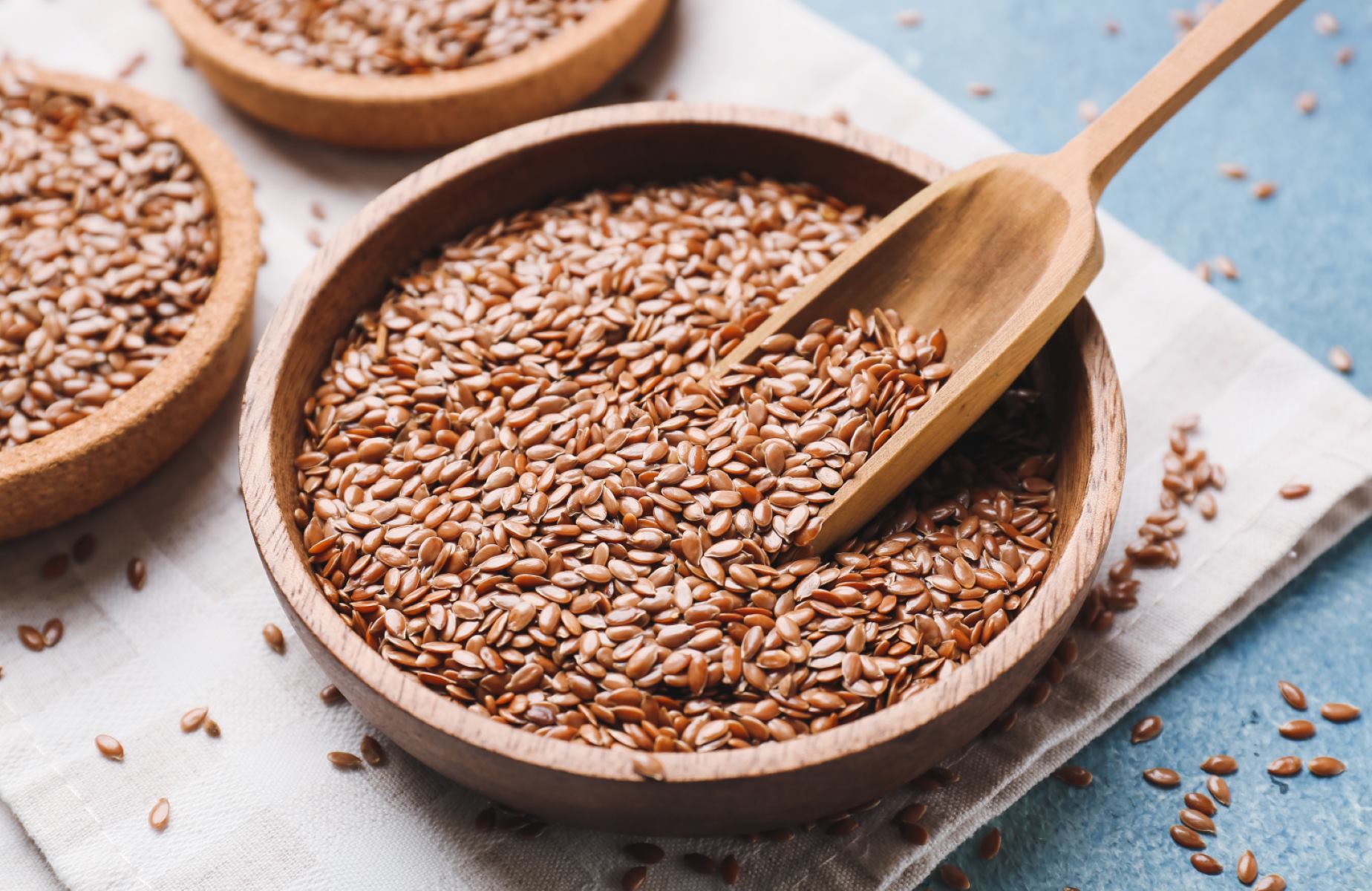
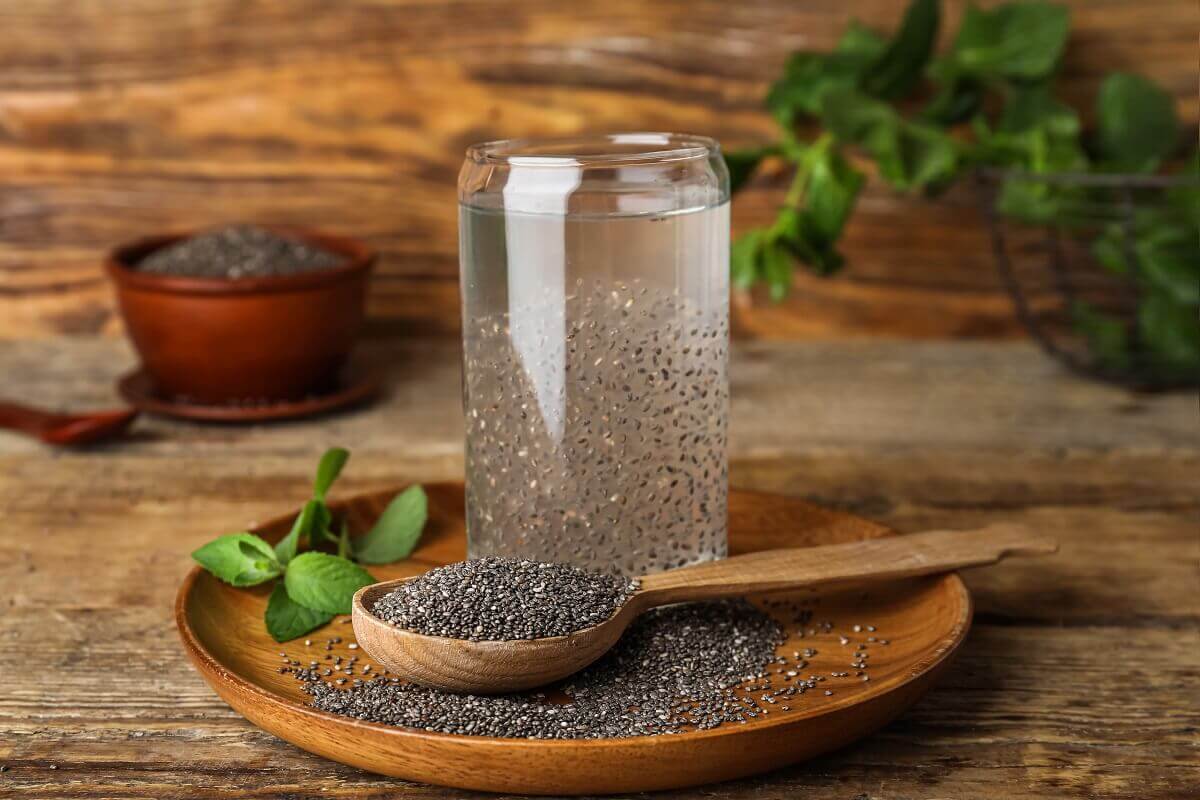
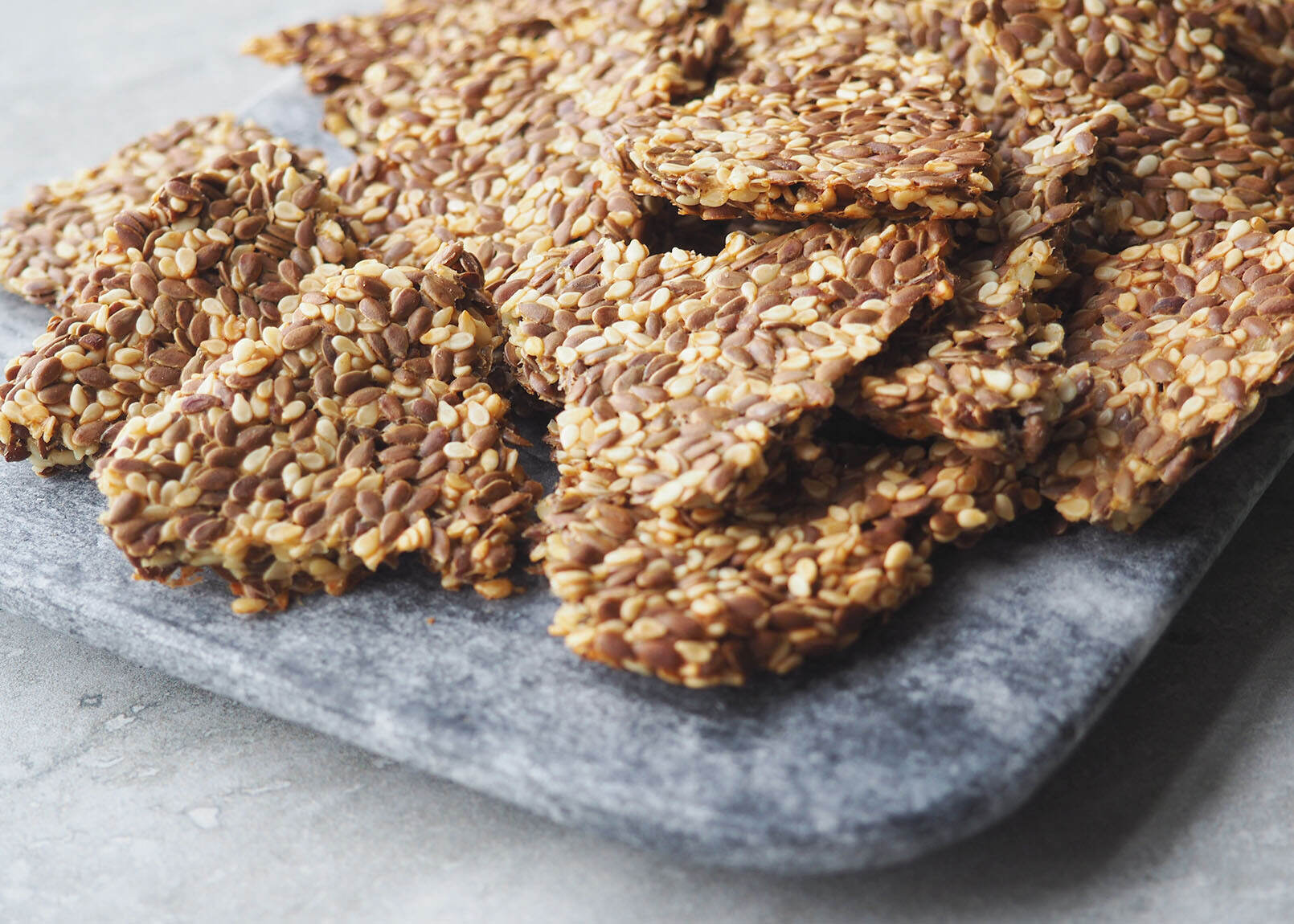
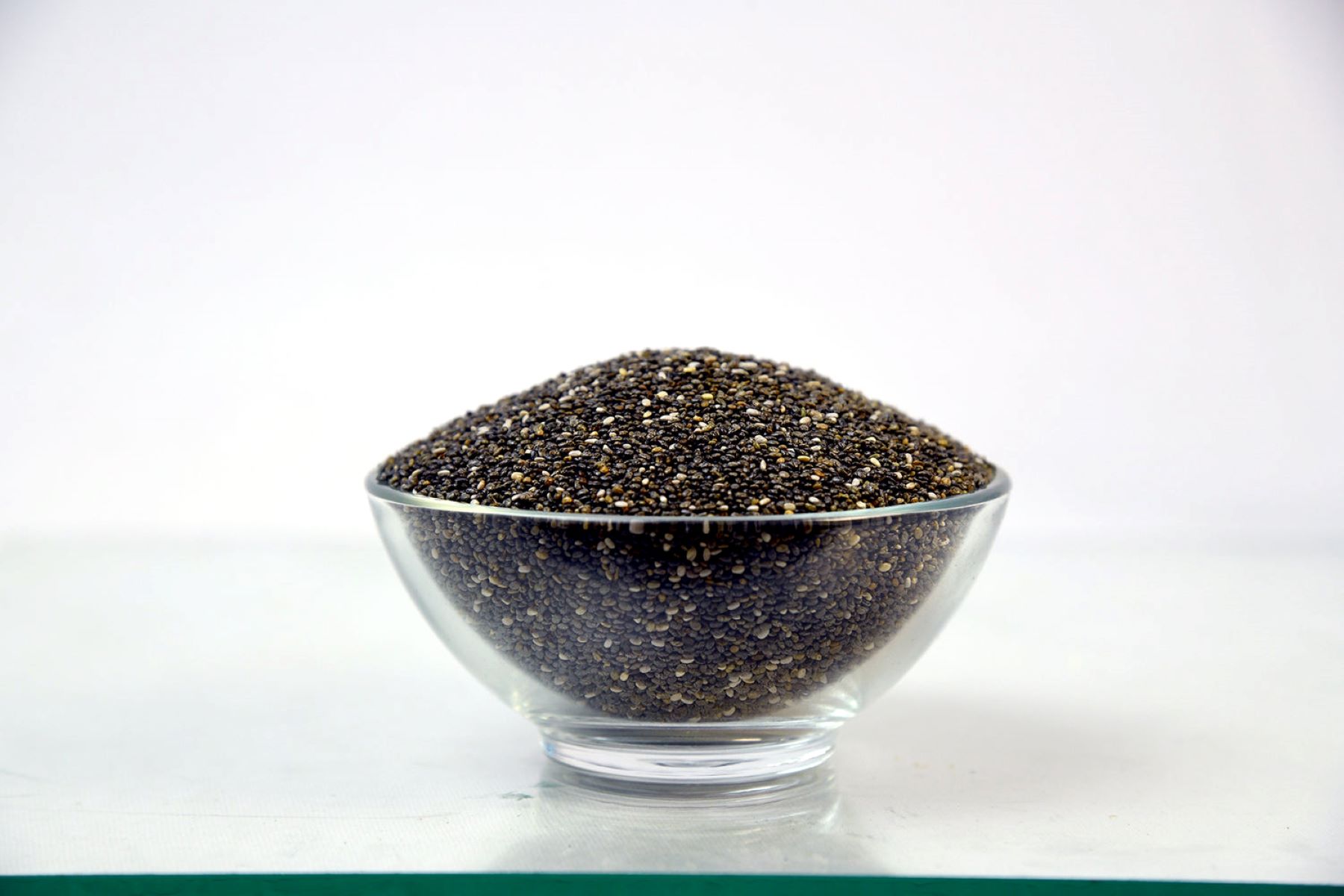
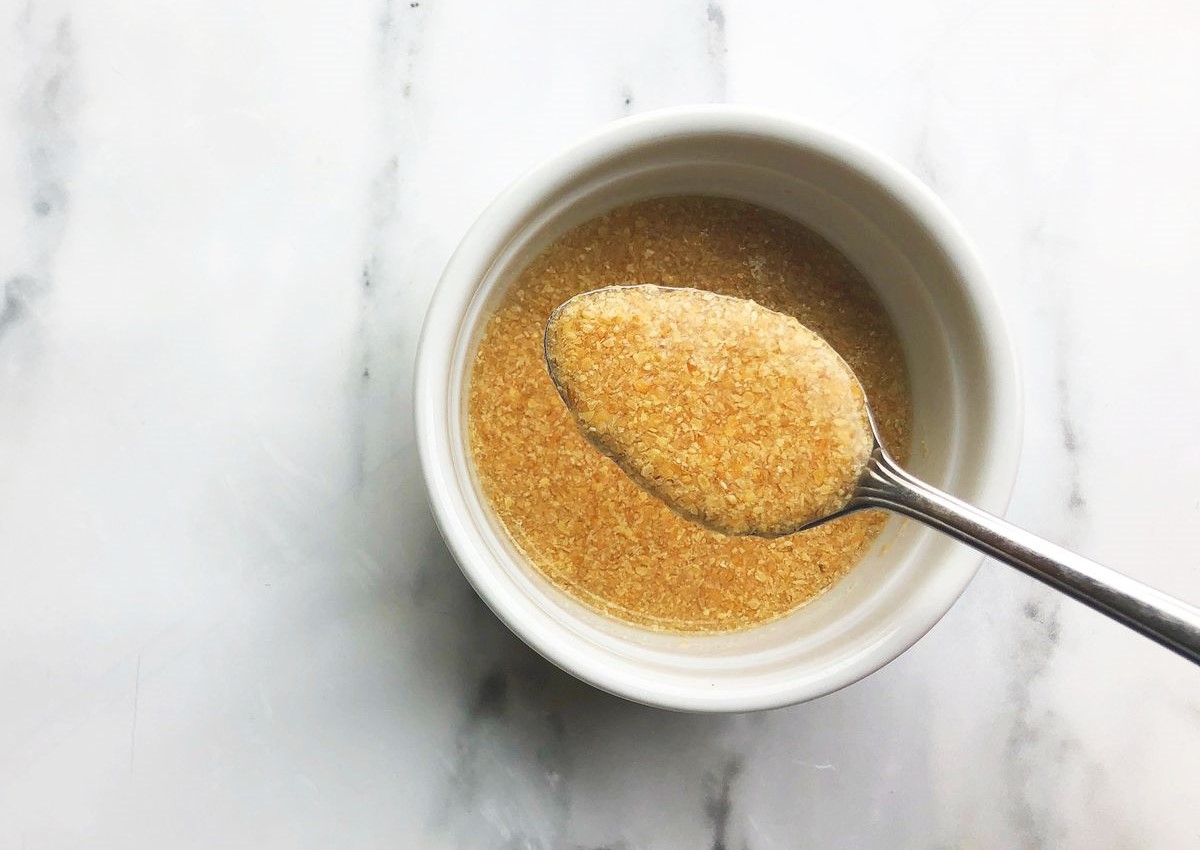
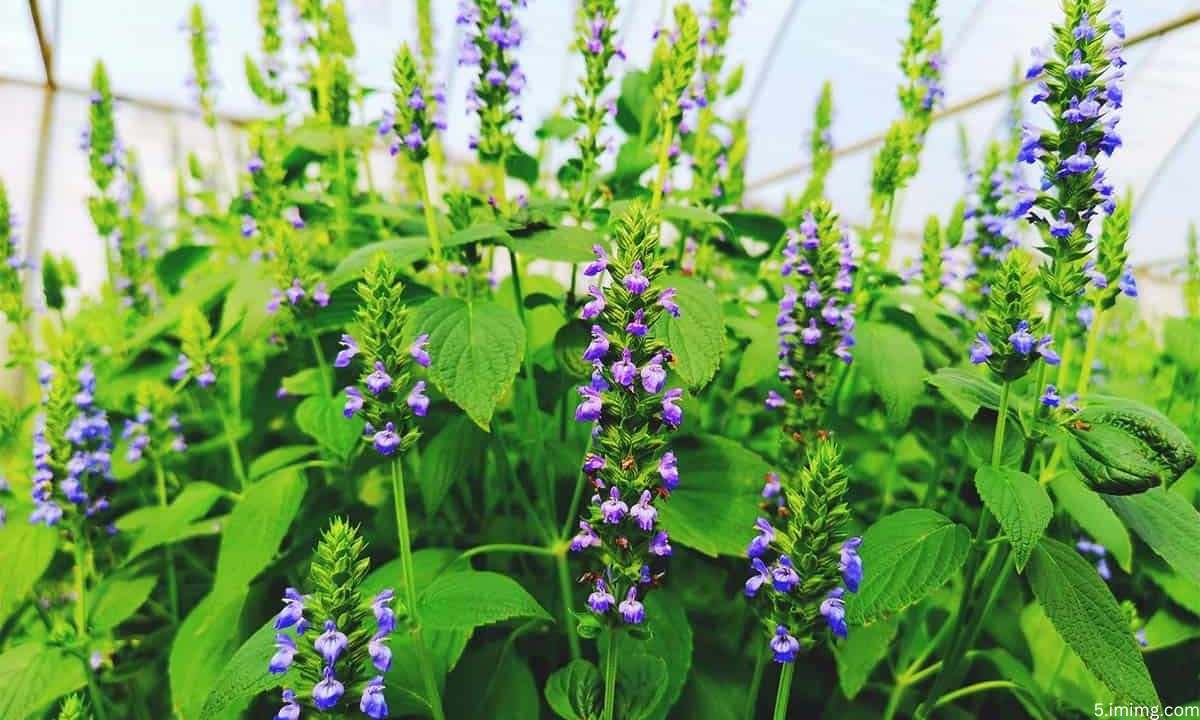
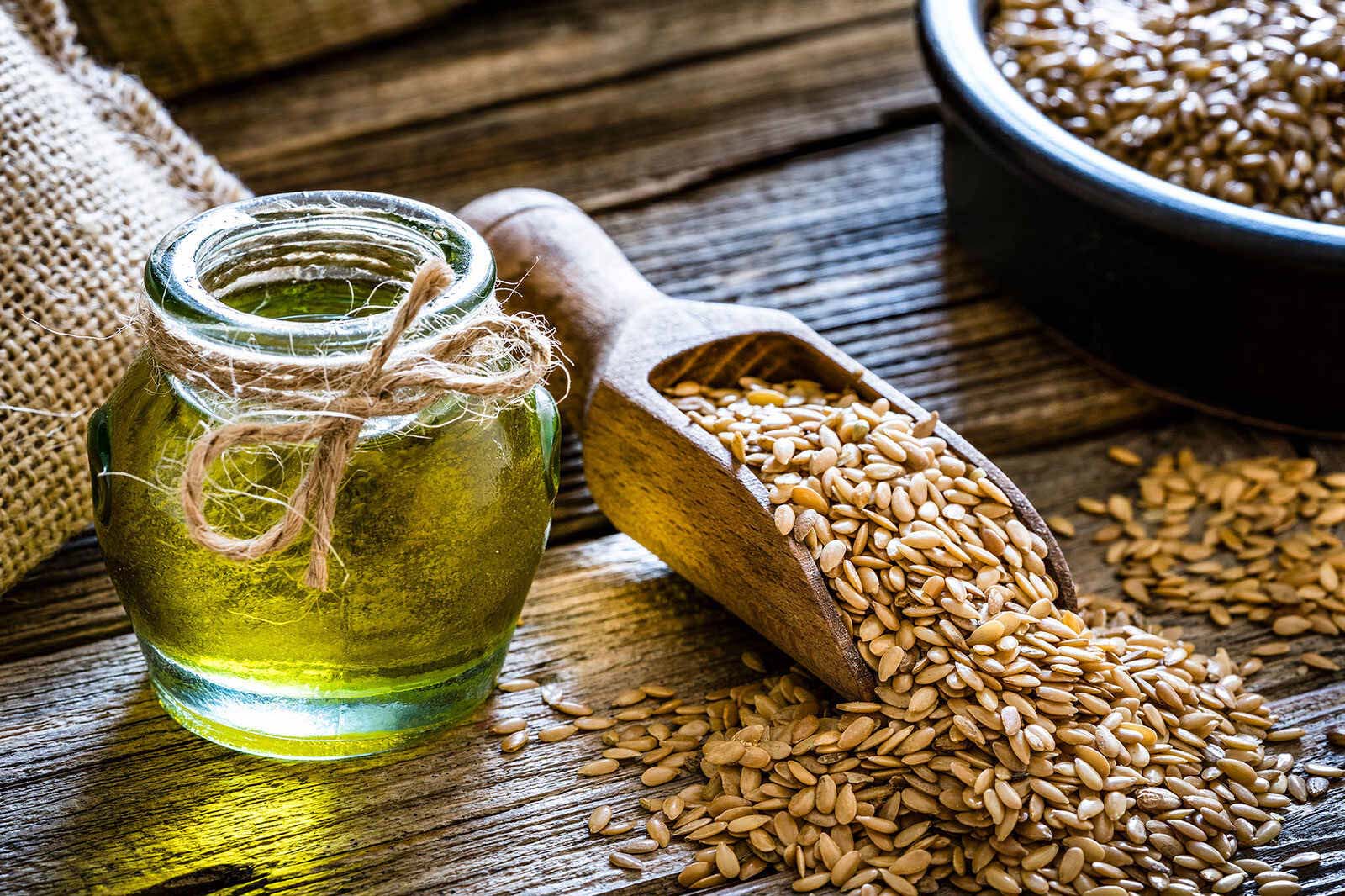
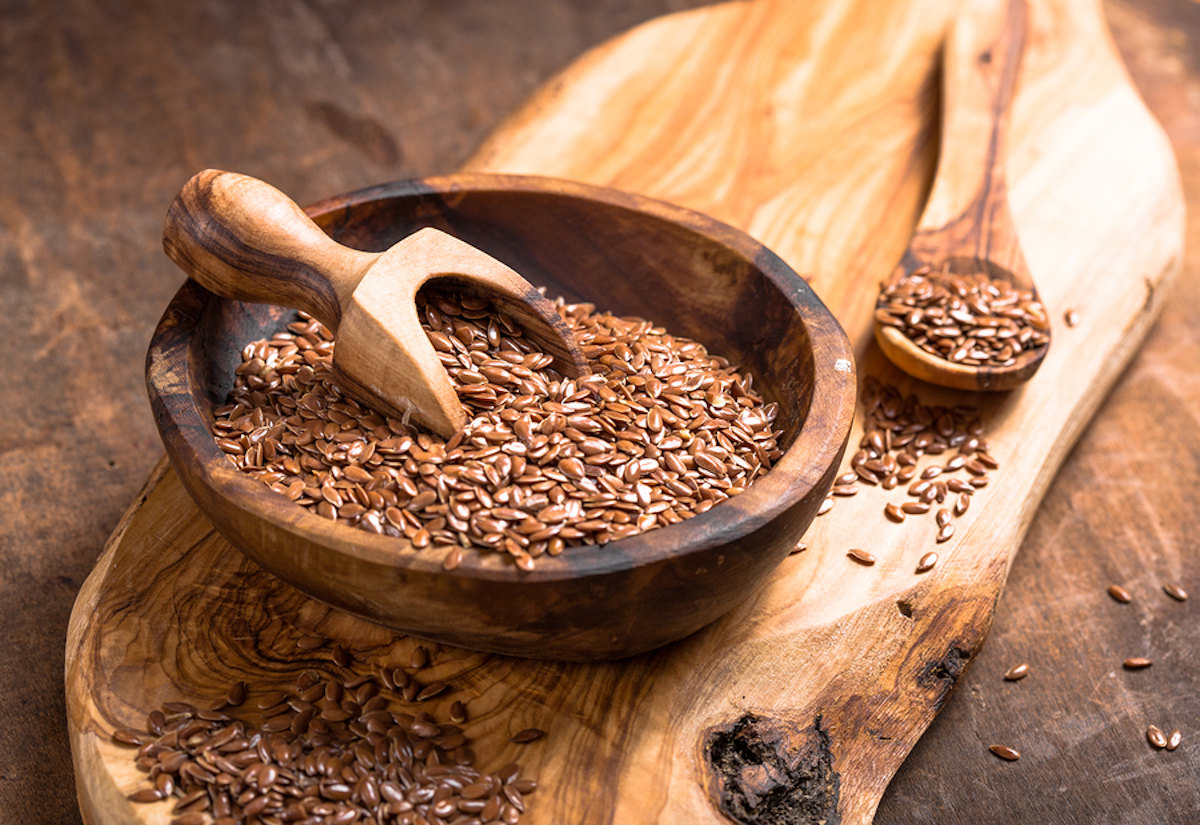
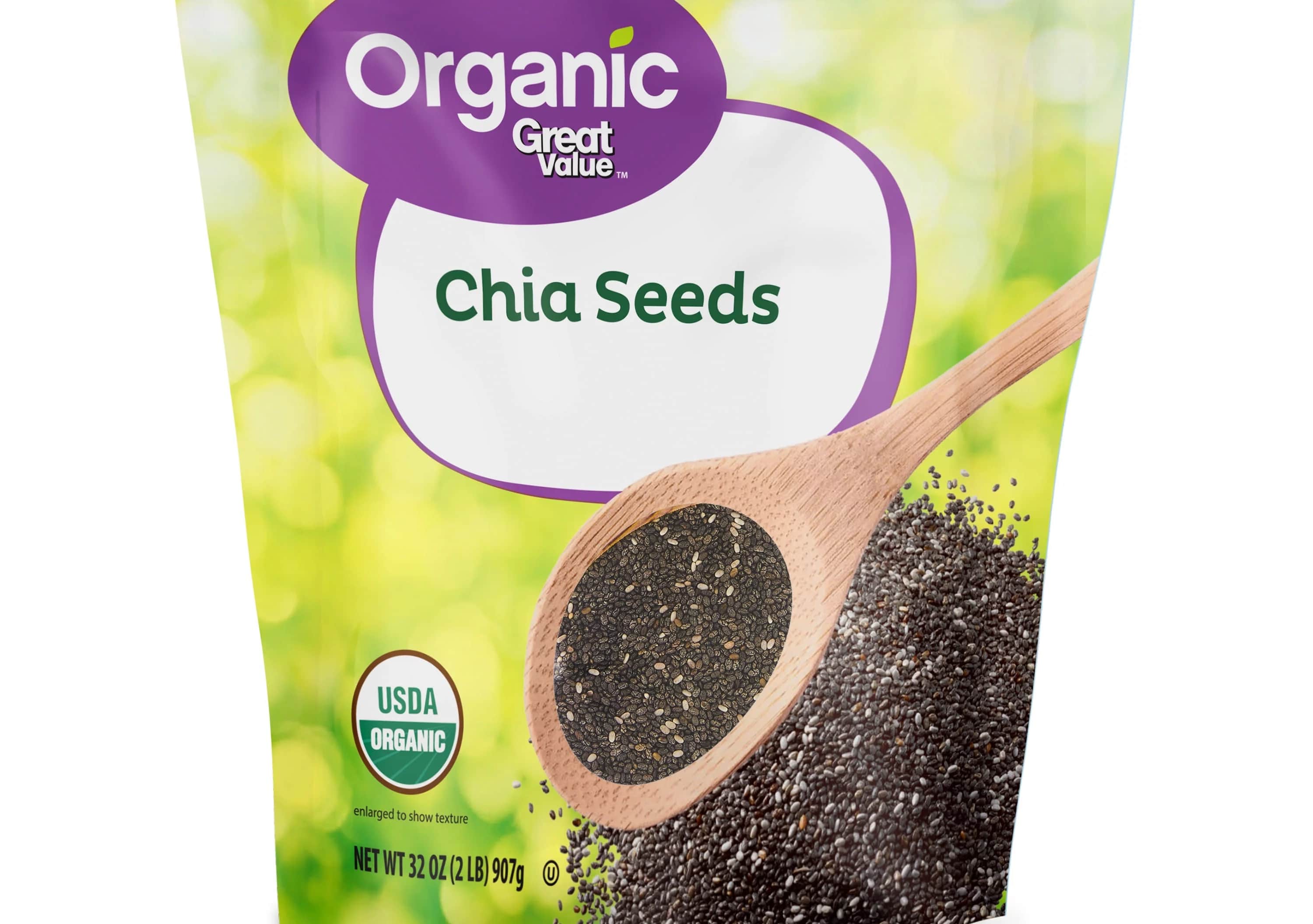
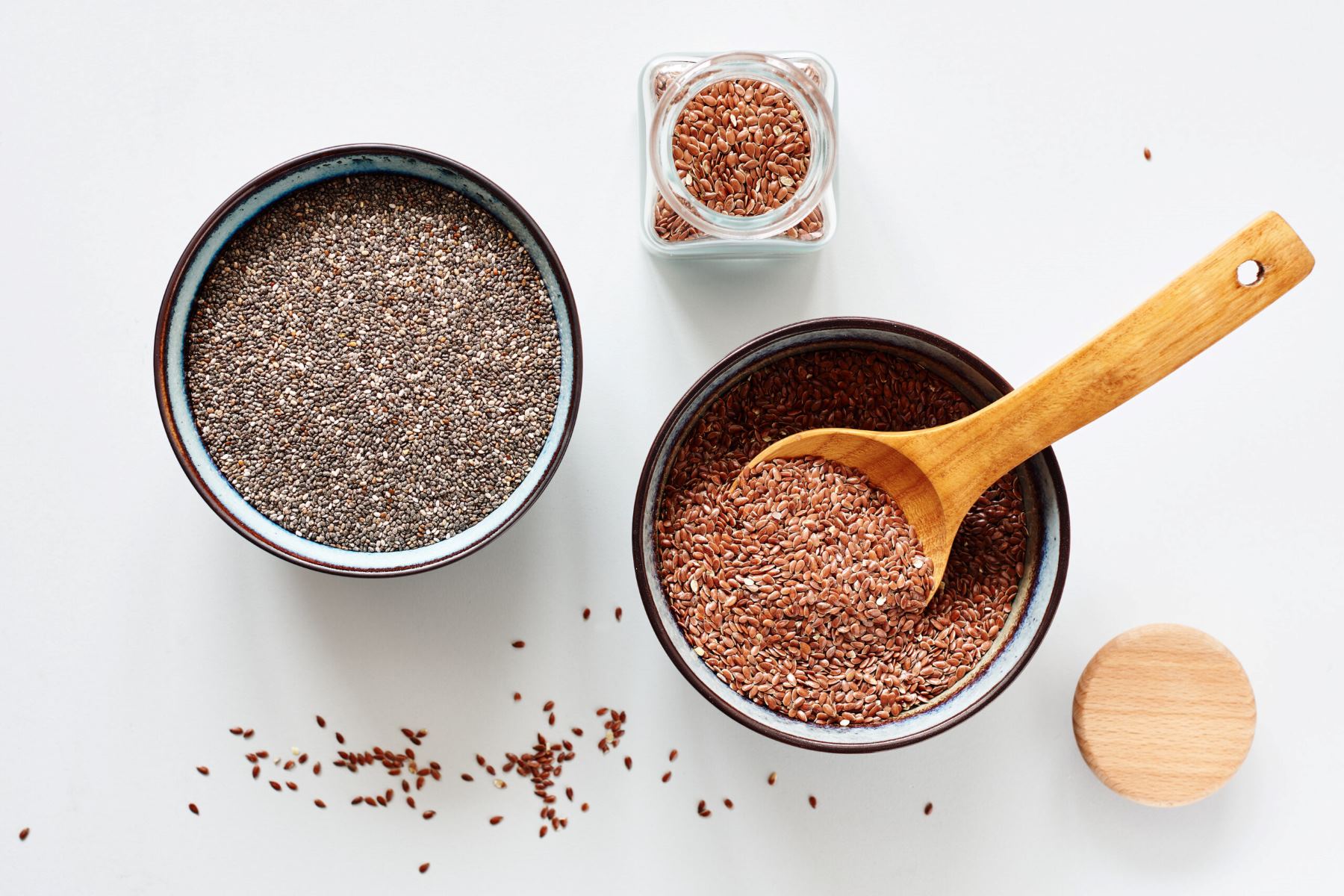
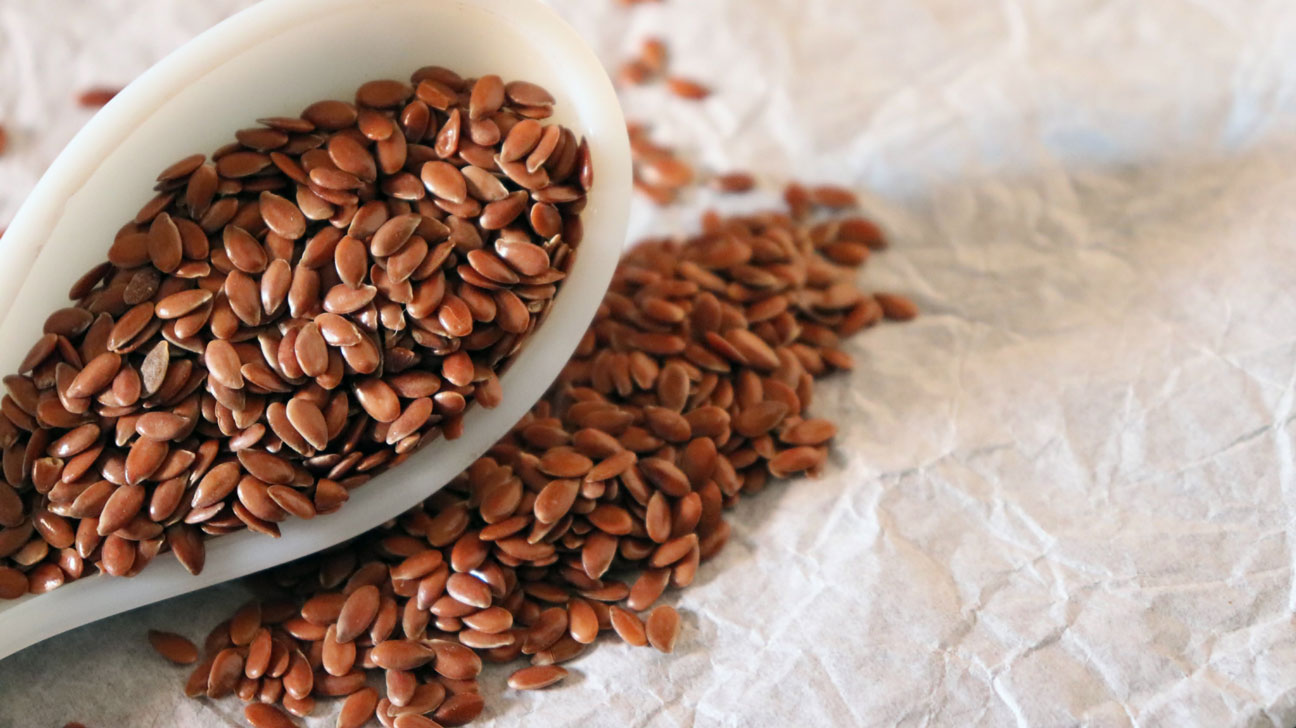
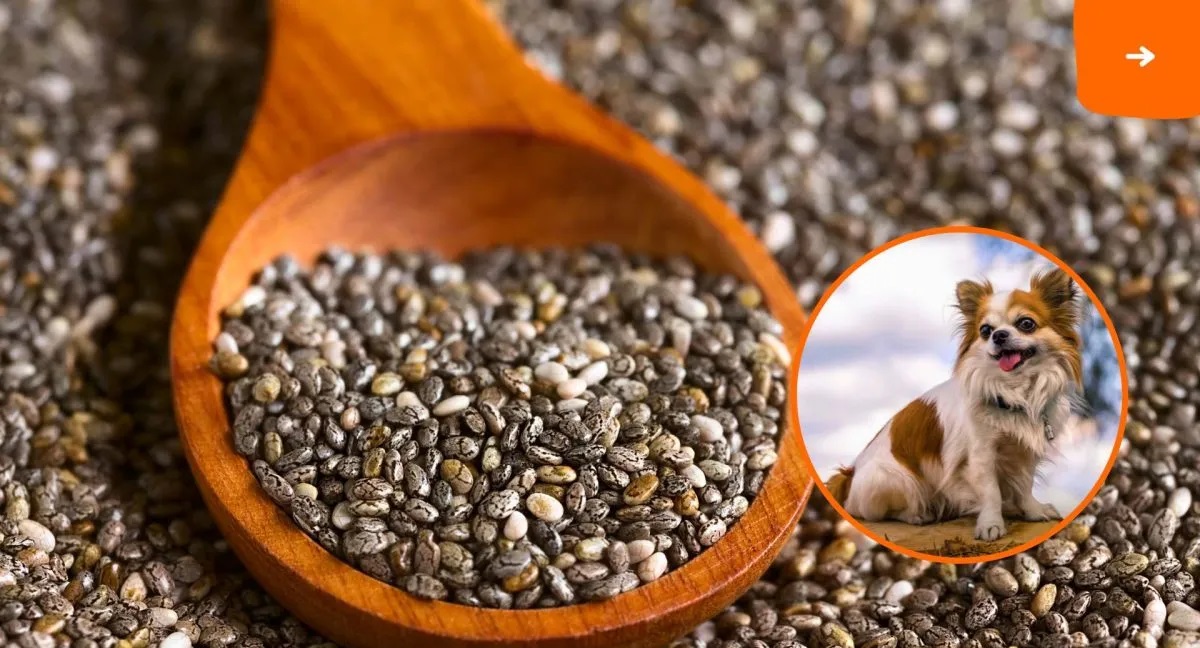
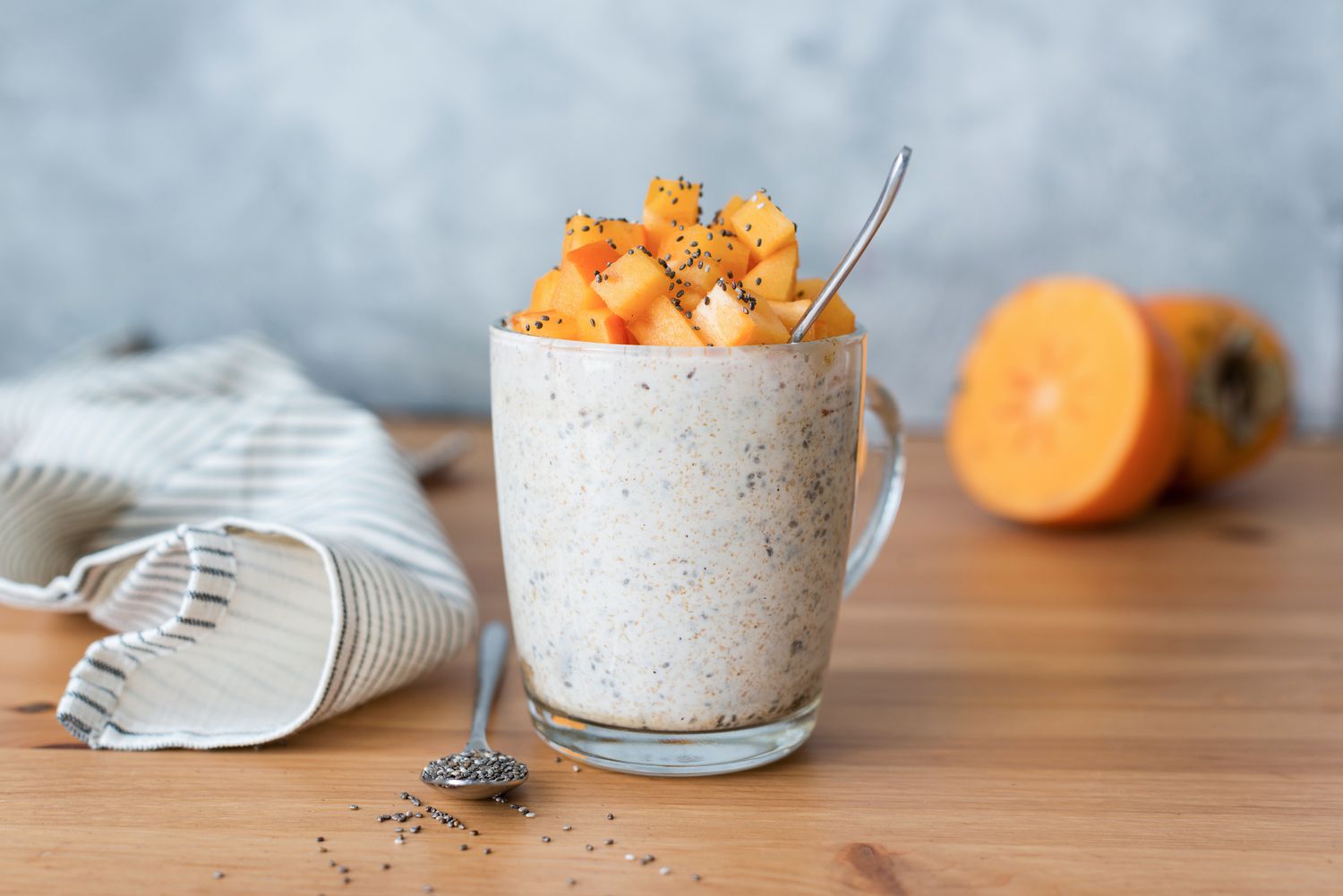

0 thoughts on “What Are Chia Seeds And Flax Seeds Good For”